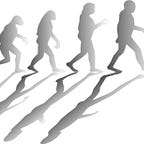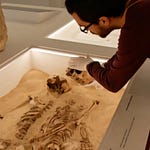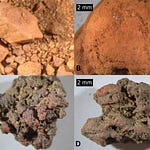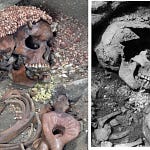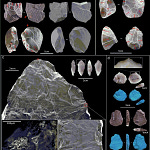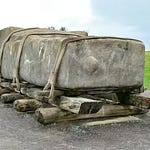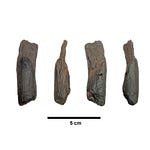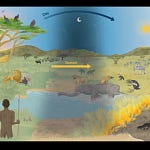Culture as Evolution’s New Engine
For most of the history of life, evolution has been written in nucleotides. Genes mutate, organisms adapt, and over millennia traits become fixed. But new research published in BioScience1 suggests that for Homo sapiens, the story may be shifting.
Timothy M. Waring and Zachary T. Wood at the University of Maine argue that humans are in the midst of a deep evolutionary transition, one where cultural inheritance — not genes — increasingly determines survival, reproduction, and adaptation.
“When we learn useful skills, institutions or technologies from each other, we are inheriting adaptive cultural practices,” explains Waring. “Culture solves problems much more rapidly than genetic evolution.”
From agricultural methods to social institutions, cultural practices spread, diversify, and adapt with a speed no biological process can match. The authors propose that this dynamic is not just accelerating but also reorganizing the very structure of human individuality.


